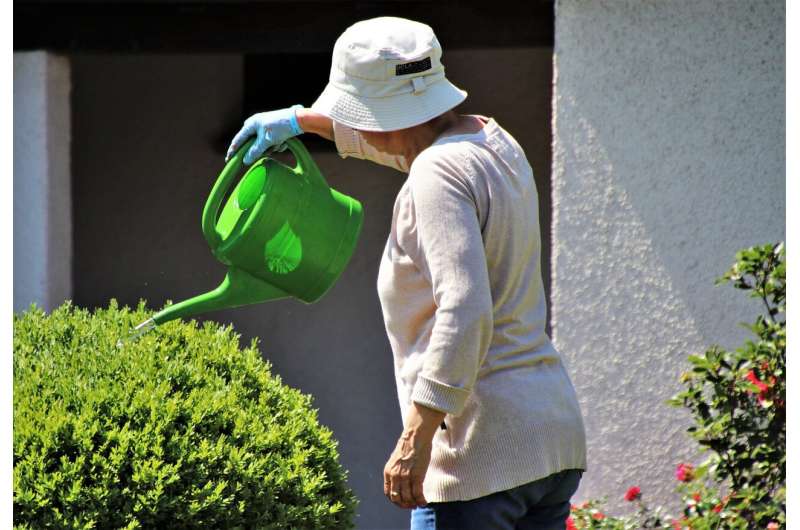Social work guidance to improve supported decision-making for adults with dementia

Fresh guidance published by the Department of Health & Social Care, authored by the University of Bath, aims to protect people living with dementia suffering or at risk of abuse, by involving them more actively in their care plans.
Of the estimated 850,000 people with the condition in the UK (one in 14 adults over 65), research suggests that those living with the dementia are at greater risk of abuse and neglect than those without. That abuse might be psychological, physical, financial or sexual, and it might take place anywhere, including at home in the community, in care homes or in hospitals.
Although the number of studies focusing on the issue remains small, significant findings published over the past fifteen years suggest that up to half of family carers reported having engaged in some form of abusive behavior towards those with dementia, with the most common form of abuse being psychological (shouting at or abusing the person). Worryingly, financial abuse is also common with over 90% of social workers aware of people living with dementia having experienced scams or exploitation, including by family members.
Whilst the Care Act 2014 provides the framework for safeguarding adults in England—stating that the person central to the safeguarding process should be given choice and control about how they can be supported—health and social workers have long been concerned about how best to support adults with dementia specifically.
Given its effects on memory, thinking, language and problem-solving, people living with dementia may find it difficult to report abuse or to make choices about how they would like it to be managed. Because of this, extra thought needs to be given as to how individuals can be supported to make decisions within enquiries. This guidance is the first to attempt to tackle this challenge, and draws together important research into good practice in this area.
Based on interviews conducted with adults with dementia, carried out by Dr. Jeremy Dixon from the Center for the Analysis of Social Policy at Bath, the guidance includes helpful advice for social workers to put into practice and will also be of value to other professionals working in the health and care sector.
These are grounded in the principle that people living with dementia have the right to participate in all decisions that affect their lives, including safeguarding, and include tools to enable social workers to:
- Provide people with clear information about safeguarding; an explanation of what it means, its purpose and ways of accessing advocacy and support.
- Think about the person and the environment in relation to communication of the issue; including how best to support adults with different degrees of dementia and with different prior knowledge and awareness of the issue.
- Think about what is most important to the person; ensuring social workers get to know adults and can provide consistent support for their needs.
- Be aware and vigilant about the environment in which a discussion about safeguarding is taking place.
- Build longer-term relationships with people living with dementia including with advocacy.
- Use clear and easy-to-understand decision-guides to help people with dementia sift through and make sense of the reams of information which might be relevant to safeguarding.
Dr. Dixon from the Center for the Analysis of Social Policy at the University of Bath explains: "It is now well established that people living with dementia should be central to decisions about their care and treatment. This principle is also true of safeguarding. However, practitioners can often struggle to know what this might look like in practice. This guidance has drawn on the experiences of people living with dementia, carers and professionals and provides practical steps which can be used to better support people living with dementia within safeguarding work."
Joint chief social worker for adults, Fran Leddra, said: "I am delighted to publish this guidance which identifies good practice when supporting people living with dementia, in order to protect them from abuse or neglect and support their decision-making. This guidance is aimed at social workers, and is a helpful tool for all professionals involved in safeguarding adults living with dementia. Having the right tools is vital to preventing and tackling abuse of any kind—this guidance is a positive step in the right direction."
More information: Supporting people living with dementia through safeguarding processes: www.gov.uk/government/publicat … feguarding-processes


















